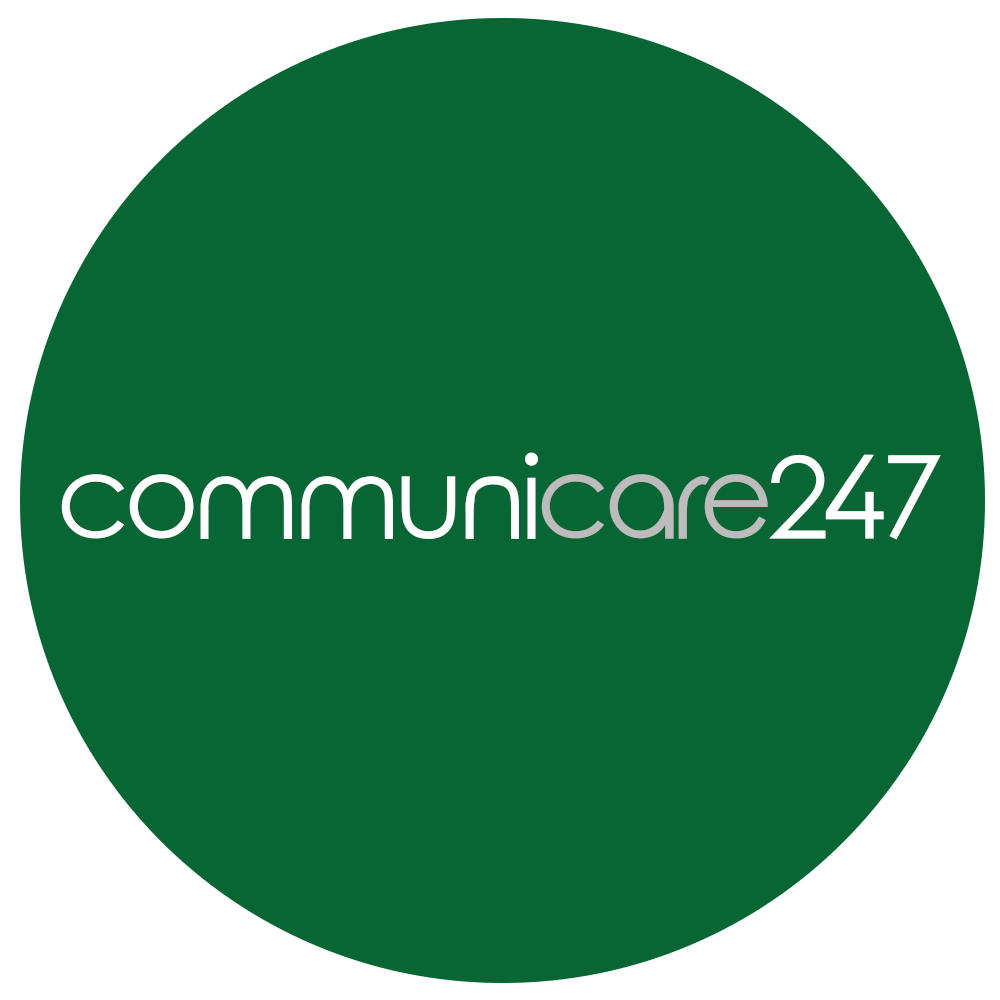Social healthcare commissioners must move quickly to do adopt new telecare systems as the UK faces a switch-off in its analogue network, a specialist has said.
Current telecare systems that ensure the safety of people in their homes will soon be obsolete and local authorities in Dundee and across the UK need to adopt solutions to ensure these services remain robust, Tom Morton, CEO of digital telecare specialist Communicare247 said.
Speaking at the Dundee Smartcare Convention, Mr Morton highlighted that the analogue telecommunications system currently used to deliver telecare to around 5,900 users in Dundee and Tayside will be completely shut off by 2025 and replaced by a digital (IP) system.
He said: “Telecare and telehealth plays an increasingly important role in health and care yet it is threatened by disruption as UK telecommunications shift from analogue to digital.
“Not only this, but the number of people reliant on telecare in the UK is expected to treble by 2020. The current analogue system is already unsustainable, yet more and more people are expected to be reliant on these kinds of services as the population ages and they want to live as independently as possible for as long as possible.
“The vast majority of current telecare systems will need to be upgraded or decommissioned in order to maintain services to users. Conferences such as the Dundee Smartcare Convention are essential to ensure awareness is raised about this issue.”
The UK and Scotland is currently investigating the use of systems that will allow social healthcare providers to continue supporting an estimated 1.7million users of telecare in Britain. However, current proposals currently being developed in the UK are unlikely to offer the best solution to the problem caused by the switch to digital, Mr Morton said.
Mr Morton believes that analogue telephone adaptors (ATAs) – so called hybrid systems – currently being tested are not sufficiently robust and could lead to failures in UK telecare systems, causing undue risk for users.
He said: “BT has confirmed the shut off is starting this year and will be complete by 2025. Already the analogue system is unsustainable due to increasing demands.
“Current analogue services already report around 3% of failed call attempts between the home and response services, because they cannot communicate effectively over the new digital telephone network systems.
“The hybrid solutions currently being tested in the UK have been shown to have too high a failure rate in other countries like Sweden, where they have adopted fully digital telecare systems instead. We cannot allow people to be at risk because their home alarm system failed to work.
“Experts at Ofcom and the Scottish Government increasingly favour a fully digital solution which will ensure telecare systems are fail-proof and future-proof as new technologies in monitoring and support come into play.”
In Scotland, costs to ensure telecare services can still be delivered following the switch to digital are estimated to start at around £48million. However, Mr Morton said digital telecare services will be more cost effective for social care providers including Dundee City Council.
Mr Morton said: “Reports on deployment of digital telecare have shown the potential to create savings of between £3m to £7.8m for a typical council. This will be increasingly important for Scotland’s councils and the NHS which must cut hundreds of millions from health service budgets while dealing with significant growth in users due to demographics.”
Communicare247 recently won the Local Excellence Award at the at the Scotland Excel Supplier Excellence Awards, which recognised the work the company has done with Falkirk Council to address a national switchover from analogue to digital technology, provide better solutions and increase citizen choice.


